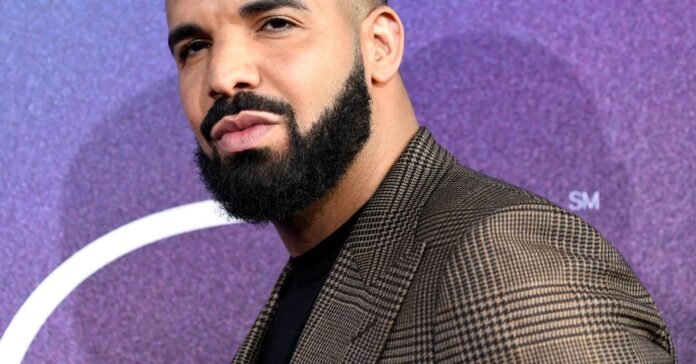The Shifting Landscape of Hip-Hop Media: Drake’s New Direction
Traditional hip-hop media has been viewing Drake in a different light since the unfolding of events surrounding Kendrick Lamar last year. The public backlash intensified after Drake filed a defamation lawsuit against UMG over his track "Not Like Us." This legal battle seems to have prompted the Canadian rapper to distance himself from established journalists and credible storytellers, opting instead for a more unconventional approach to media engagement.
The Controversial Interview with Bobbi Althoff
One of the pivotal moments in this shift was Drake’s first sit-down with Bobbi Althoff, which aired in July 2023. Longtime reporter Elliott Wilson emerged as one of the most vocal critics of this interview. He expressed his disappointment, stating, "I didn’t like the first Bobbi Althoff thing that happened. Once I saw that, I made comments publicly about that." Wilson’s critique highlighted a growing concern that Drake was avoiding substantive discussions about hip-hop culture, opting instead for a more superficial dialogue.
Voices of Discontent
The discontent didn’t stop with Wilson. Jemele Hill, a prominent figure in sports journalism, echoed similar sentiments. She lamented that the interview exemplified how authentic hip-hop journalism has been sidelined. Hill’s perspective underscores a broader concern within the industry: the erosion of meaningful discourse in favor of viral moments and sensationalism. Despite this backlash, it appears that Drake remains unfazed by the criticisms directed at him and his choice of interviewers.
Drake’s Perspective on the Backlash
In a recent clip from his interview with Bobbi Althoff, shared by Karabo on X, Drake articulated his viewpoint on the situation. He stated, "What we did, it changed a lot of things for a lot of people." He emphasized that the interview was about recognizing someone he found interesting and wanting to engage in a genuine conversation. This perspective reveals Drake’s intention to break away from traditional media formats and engage with audiences in a more relatable manner.
Challenging the Status Quo
Drake didn’t shy away from addressing the critics directly. He remarked, "It pissed off, like, so many, all these f*cking losers, these, like, storied journalists, like, this guy and that guy who feel so entitled to this interview." His comments reflect a growing frustration with the gatekeeping that often characterizes traditional media. By choosing to engage with Althoff, Drake aimed to challenge the norms of hip-hop journalism and create space for new voices and perspectives.
Opening Doors for Other Artists
Despite his reluctance to take full credit for this shift, Drake acknowledged that his approach has encouraged other artists to explore unconventional interview formats. He noted, "[It] made people more comfortable to go sit down with somebody they’ve never sat down with before." This sentiment suggests a potential ripple effect in the industry, where artists may feel empowered to engage with diverse media outlets rather than sticking to the established norms.
Redefining the Artist-Journalist Relationship
Drake concluded his thoughts by emphasizing the importance of authenticity in artist interactions. "The goal is not to be some unattainable d*ckhead for your whole life," he stated, advocating for a more approachable and relatable persona. He expressed a desire to move beyond curated interviews with established journalists, asserting that his conversation with Althoff was something special. This perspective not only reflects Drake’s personal philosophy but also signals a potential shift in how artists engage with the media landscape.
The Future of Hip-Hop Media
As the dynamics of hip-hop media continue to evolve, Drake’s choices highlight a broader trend toward more informal and personal interactions between artists and interviewers. This shift raises questions about the future of traditional journalism in the genre and whether it can adapt to the changing landscape. With artists like Drake leading the charge, the potential for new voices and narratives in hip-hop media seems promising, albeit fraught with challenges.

